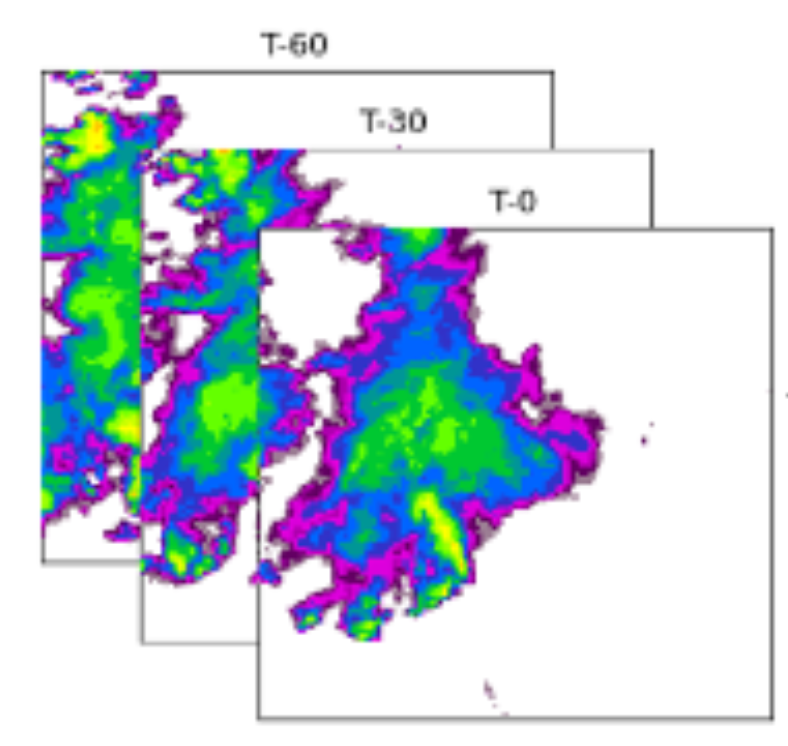MSc thesis projects - Machine learning for image and video understanding
[Internship] 3D Depth Perception Using Drones
Sensor fusion for Depth Perception in Offshore Environments
Sparse Control of Linear Dynamical Systems with Application to Wind Farm Control
Occupancy mapping for automotive applications
[NXP] for automotive applications
Sparse Nonuniform Optical Phased Array Design
Design of optical phased array for a lidar sensor
Sparse imaging and reconstruction in a pixel array
Towards brain-inspired AI hardware
In this project, we will investigate a factor-graph representation to derive local learning rules that will allow for low-cost adaptive AI hardware.
EEG-based Brain Signatures for Personalized Therapeutic Intervention in Chronic Pain
Chronic-pain management remains a complex clinical challenge, often requiring personalized therapeutic approaches. EEG data offers valuable insights into the underlying brain activity associated with chronic pain conditions. Traditional analysis methods may overlook crucial information, necessitating a focus on constructing forward models based on EEG-derived brain signatures. These models can facilitate personalized interventions by targeting specific brain regions implicated in pain processing. This thesis aims at developing advanced techniques for constructing forward models based on EEG-derived brain signatures in chronic pain patients. Machine learning (ML) and data-driven approaches will be utilized to identify and characterize unique brain signatures associated with different chronic pain conditions, including neuropathic and fibromyalgia pain. This will be the first key-step towards personalized therapeutic interventions through in-silico stimulation and computational modeling, with the ultimate goal of optimizing treatment strategies for individual patients.
Transformer-based World Models for continuous actions environments
The past year has seen the proposal of various transformer-based World Models. However, these models predominantly utilize discrete representations, limiting their application primarily to environments with discrete actions. This thesis proposes to investigate and develop methods that extend the application of such models to continuous environments, examples of which include AntMaze and the DeepMind Control Suite. The student will explore and implement diverse techniques to transform continuous actions into discrete tokens. This exploration will include a comparison of our baseline model, a World Model that leverages TransformerXL [3] for modeling world dynamics, against leading state-of-the-art models such as DreamerV3 [2], TWM, Groot, and others. Throughout this thesis, the student will receive comprehensive, step-by-step guidance. To facilitate a robust starting point for this research, we provide access to a well-maintained codebase, available at https://github.com/Cmeo97/iris . This resource is intended to serve as a foundational platform, supporting the student in navigating and contributing to this cutting-edge field of study.
Epilepsy diagnosis using multimodal machine learning
In this project we aim to build on this previous research and determine whether it is possible to accurately distinguish between patients with epilepsy and controls with a different diagnosis using multimodal machine learning. We use both the EEG and clinical information. On the one hand, the aim is to improve the information and treatment of patients with epilepsy, because we can more quickly assess who will benefit from starting anti-epileptic drugs. On the other hand, by visualizing the features on which a machine learning algorithm bases its classification, we hope to gain more insight into the underlying neurological mechanisms that contribute to the risk of epilepsy.
Nowcasting of Extreme Rainfall (NER)
Extreme precipitation often causes serious hazards such as flooding and landslides, which pose threats to human lives and cause substantial economic loss. In order to give early warnings of such hazards, nowcasting systems have been widely used to forecast the future weather condition in the short term (typically less than 6 hours). In this project, we adopt deep generative models to achieve more accurate precipitation prediction than existing methods.
Reliable Powerdown for Industrial Drives (R-PODID)

MSc students
- Luuk Bolhuis
Alumni
- Junzhe Yin (2024)
- Ankush Roy (2024)
- Zipeng Wang (2024)
- Doruk Barokas Profeta (2023)
- Shuoyan Zhao (2023)
- Sinian Li (2023)
- Alan Hamo (2023)
- Jonathan Dijkstra (2023)
- Chuhan Wang (2022)
- Haoran Bi (2022)
- Renjie Dai (2022)
- Enpu Chen (2022)
- Jinchen Zeng (2022)
- Zhiyi Wang (2022)
- Yanan Hu (2022)
- Qi Zhang (2022)
- Nan Lin (2022)
- Yuanyuan Yao (2022)
- Pallas Koers (2022)
- Yingfeng Jiang (2021)